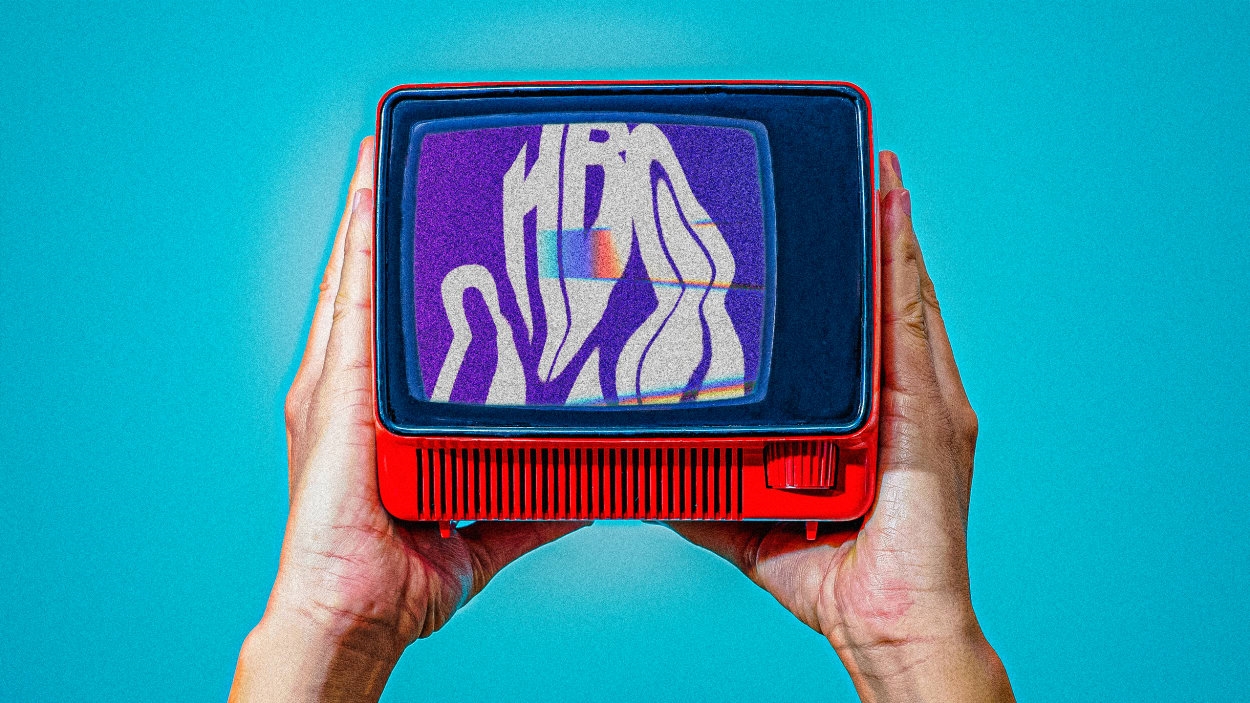Hear us out: Max dumping the HBO name is actually a smart business move for WBD
When Warner Bros. Discovery announced this week that it would be renaming its streaming service from HBO Max to simply Max, many HBO fans were, predictably, appalled. Crime novelist Don Winslow captured the general sentiment when he called the move, “One of the stupidest brand-killing ideas in entertainment history.”
The response was understandable. HBO—home to The Sopranos, The Wire, Game of Thrones, Veep, Curb Your Enthusiasm, and many, many more—has the most respected brand name in television, and one of the most respected in entertainment history. And far from falling off of late, it’s riding a hot streak of popular and acclaimed shows, including The White Lotus, The Last of Us, and Succession. So dropping its name from your streaming service in favor of the generic Max (which, if it has any connotations, evokes the cheesy soft-core flicks Cinemax used to air late at night) seems like an obvious act of self-sabotage.
And yet, the move actually makes sense. If Warner Bros. Discovery were planning to keep HBO Max pretty much what it is—the streaming service that combines an extraordinary back catalog of TV content with the deepest, highest-quality movie library online (setting aside the Criterion Channel)—then it would be foolish to change the name.
But that’s not the company’s strategy. Instead of continuing to run the service as, in some sense, the luxury brand of streaming, Warner Bros. Discovery wants to take on Netflix more directly, mainly by adding lots of mostly reality-TV programming from Discovery+ (which includes Lifetime, A&E, The Food Network, The Magnolia Network, and TLC, among others). The idea is that the new Max will be less of a premium streaming service and more of a one-stop shop, where subscribers can watch The Sopranos and Studio Ghibli films, but also binge episodes of 90-Day Fiancé and Fixer Upper: Welcome Home.
From the outside, HBO Max seems like it’s doing fine—between them, HBO and HBO Max have more than 70 million subscribers globally, and HBO itself remains enormously influential with tastemakers. But Warner clearly thinks the current strategy has a ceiling, reflected in the fact that, according to Nielsen, HBO Max accounts for just 1.3% of all television watching in the U.S., less than a fifth of Netflix’s and less than half of Amazon Prime’s. In part, that may be because even though HBO Max has a phenomenally rich catalog of content, most users barely dip into it—at the press conference (April 23, 2023), Warner Bros. Discovery said that 75% of HBO Max’s viewing comes from the site’s home screen.
The company could, of course, expand the service and still keep the HBO name attached, hoping for what marketers call the halo effect to elevate people’s opinion of, say, Magnolia Network shows. But there are good reasons why HBO is not a great name for a more mass-market streaming service. While the brand obviously, and justifiably, appeals to lots of viewers, others may shy away from it, precisely because of its association with appointment TV rather than easy-to-watch shows. HBO’s reputation in streaming specifically is also not great, thanks to the technical hiccups that plagued HBOGo, the precursor to HBO Max.
Most important, though, keeping the HBO name on a service when a good chunk of its programming is reality TV is much more likely to have a negative halo effect than a positive one, diluting the HBO brand rather than elevating the Discovery+ programming. In that sense, the most valuable consequence of renaming the service, paradoxically, may be that it’ll protect HBO’s brand, in a way similar to Toyota reserving the Lexus brand for its luxury cars.
HBO—Warner Bros. Discovery’s single most valuable asset—will not be going away. It’ll still be on cable systems. And it’ll continue to be one of the streaming service’s hubs (which currently include TCM, Adult Swim, and Studio Ghibli, among others). So Warner Bros. Discovery hopes it can lure new subscribers to Max by promising them that they can have their true crime and food shows, and also dip into The Sopranos or Succession for the first time, all for one price—which will be the same as HBO Max’s current price of $15.99. More content, same cost.
This is, to be sure, a move driven by commerce, not art. It confirms the fact that streaming today is almost entirely about television, and not movies, as well as the dominance of reality programming. The genericness of the name Max feels like an apt metaphor for the current streaming landscape, which is all about quantity over quality. So yes, if you’re a fan of high-quality content, calling the new service Max is a vaguely depressing move. But from a business perspective, it has a good chance of being the right one.
(8)



